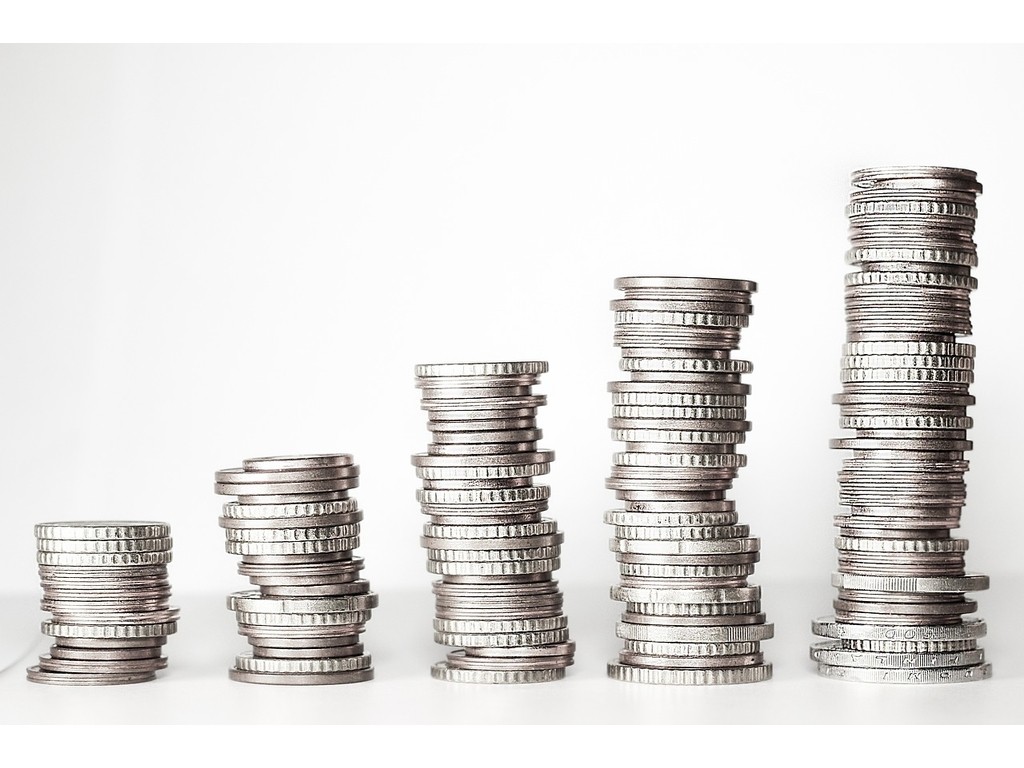The major investment bank, Goldman Sachs, recently published a report acknowledging the value of bitcoin, and all other cryptocurrencies, as being akin to fiat currency, especially in developing countries. According to the report, the United States dollar has performed relatively well in terms of value. However, the report adds that cryptocurrencies could serve as valuable monetary systems in developing countries where fiat currency is in short supply, or where the value of the local fiat currency has been severely impacted by economic or political turmoil.
Despite the encouraging acknowledgment, the report cautions investors against expecting the same growth that was experienced particularly by bitcoin in 2017. Goldman Sachs assumes that any long-established cryptocurrencies would offer returns that are equal to, or below, the real global output growth. This growth number equates to a single-digit growth expectation. The report notes that in this context, cryptocurrencies should be considered similar to hedge-like assets, such as gold or precious metals, which offer a low return.
While cautious, the acknowledgement from Goldman Sachs signifies a major attitude shift when compared to other outright skeptic mainstream financial institutions. In 2017, the CEO of JPMorgan Chase, Jamie Dimon, denounced bitcoin as fraudulent. In addition, the noted investment guru, Warren Buffet, has denied claims that bitcoin is similar to money and cautioned investors against participating in the market. Another prominent figure in finance, Ray Dalio, the hedge fund tycoon, stated that cryptocurrency was merely an investment bubble.
However, the latest acknowledgement could be beneficial in further cementing cryptocurrencies’ position in the mainstream financial landscape, considering the bank’s significant power and influence in the international financial community. According to Al Jazeera and The Independent, Goldman Sachs is considered to be the single bank that controls the world. In addition, the Atlantic published an article which described the bank’s influence in the US as a 'quiet coup'.
The Huffington Post has also written about the links between the US government and Goldman Sachs, particularly regarding former bank employees who were currently serving in high-ranking US government and administrative positions. Two of the bank’s former CEOs, Paulson and Rubin, were appointed as US Treasury Secretary. In addition, a former Goldman Sachs CEO, Jon Corzine, was later appointed as a US senator.
Despite the encouraging acknowledgment, the report cautions investors against expecting the same growth that was experienced particularly by bitcoin in 2017. Goldman Sachs assumes that any long-established cryptocurrencies would offer returns that are equal to, or below, the real global output growth. This growth number equates to a single-digit growth expectation. The report notes that in this context, cryptocurrencies should be considered similar to hedge-like assets, such as gold or precious metals, which offer a low return.
While cautious, the acknowledgement from Goldman Sachs signifies a major attitude shift when compared to other outright skeptic mainstream financial institutions. In 2017, the CEO of JPMorgan Chase, Jamie Dimon, denounced bitcoin as fraudulent. In addition, the noted investment guru, Warren Buffet, has denied claims that bitcoin is similar to money and cautioned investors against participating in the market. Another prominent figure in finance, Ray Dalio, the hedge fund tycoon, stated that cryptocurrency was merely an investment bubble.
However, the latest acknowledgement could be beneficial in further cementing cryptocurrencies’ position in the mainstream financial landscape, considering the bank’s significant power and influence in the international financial community. According to Al Jazeera and The Independent, Goldman Sachs is considered to be the single bank that controls the world. In addition, the Atlantic published an article which described the bank’s influence in the US as a 'quiet coup'.
The Huffington Post has also written about the links between the US government and Goldman Sachs, particularly regarding former bank employees who were currently serving in high-ranking US government and administrative positions. Two of the bank’s former CEOs, Paulson and Rubin, were appointed as US Treasury Secretary. In addition, a former Goldman Sachs CEO, Jon Corzine, was later appointed as a US senator.

